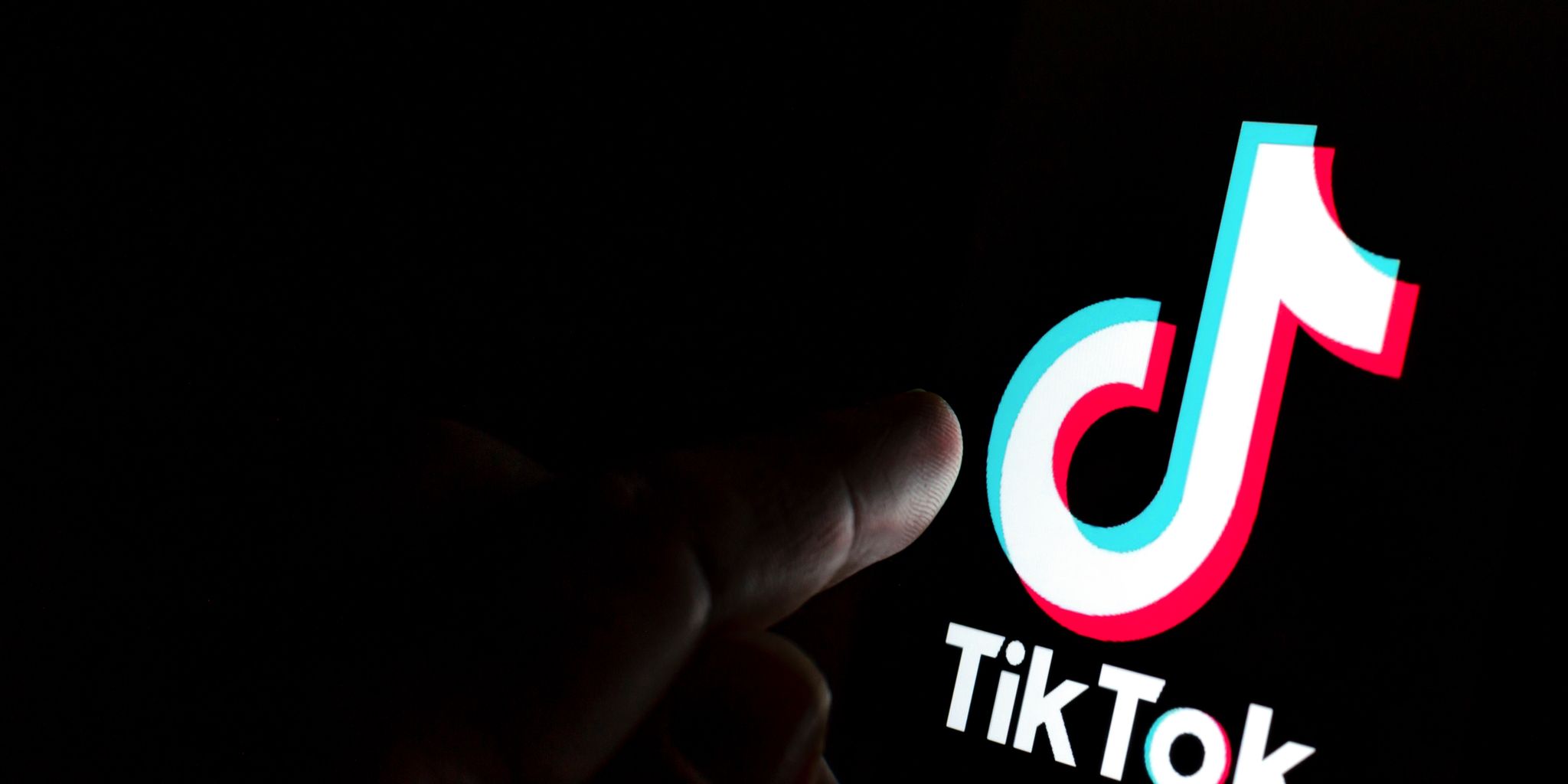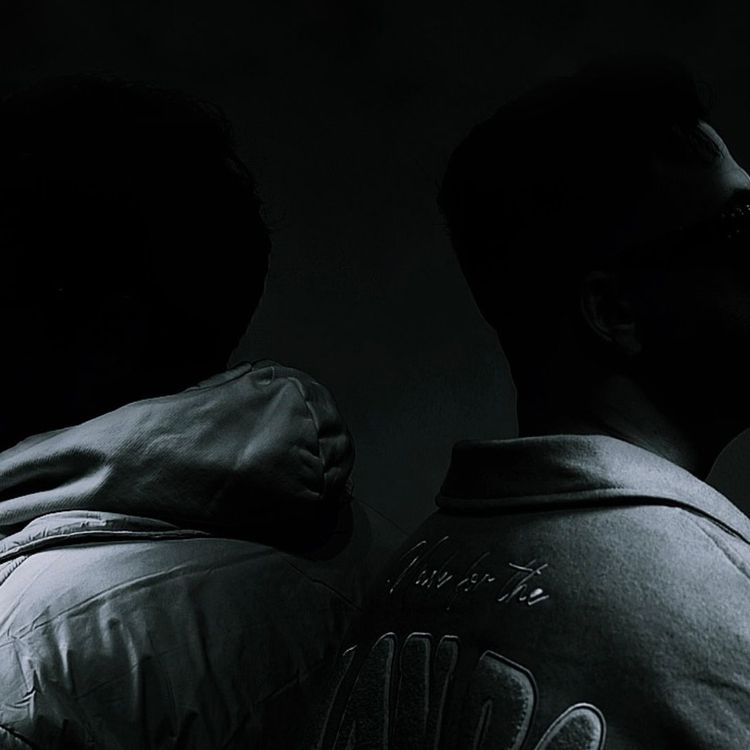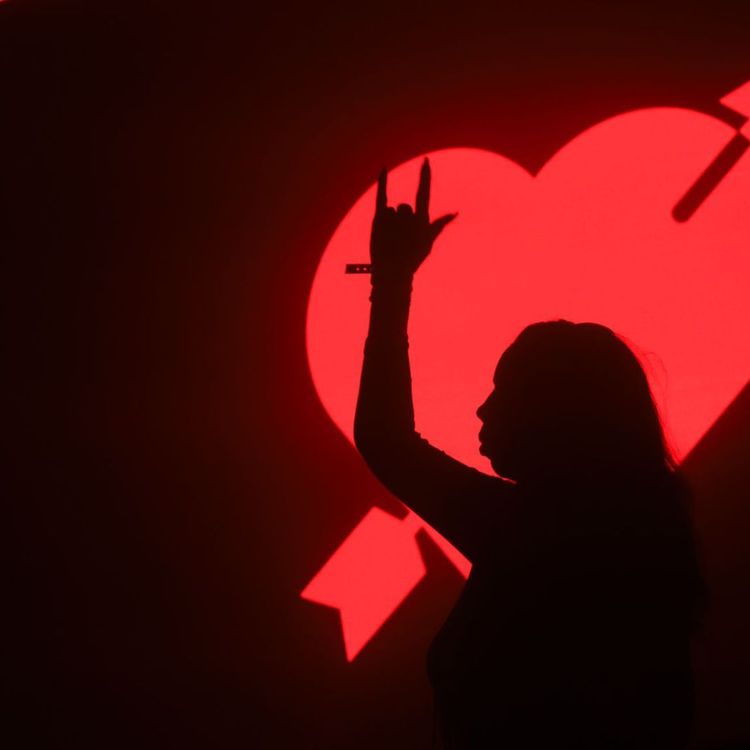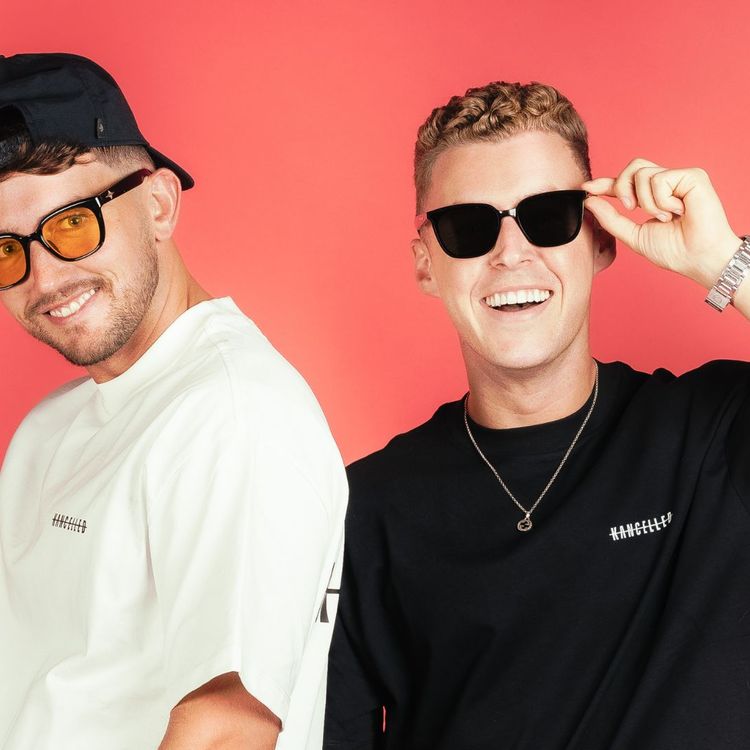TikTok, Ya Don’t Stop - A Look at the App’s Effects on the Music Industry and Media Consumption
“No, you have to put your hands like this!” My 17-year-old step-sister corrects my finger placements so I can dance to the chorus of Doja Cat’s “Say So” properly. The dance and song were the latest trending sounds on TikTok in 2020, an app I’d reluctantly downloaded to kill time during lockdown. Learning cheer moves with a Gen Zer was not how I pictured my mid-30s going, but I wasn’t the only person over 25 who downloaded TikTok out of desperation.
Tik Tok as a Disruptor
According to Forbes, about one in six people in the United States is a weekly user of TikTok. Currently, the app is the world's sixth most used social media platform, coming in behind Facebook, YouTube, WhatsApp, Instagram, and WeChat, respectively.
TikTok has not only disrupted the app stores but has also done so to the music industry. The sounds accompanying videos on the For You Page have altered how users discover new music and undoubtedly had a hand in which content creators gain virality. Doja Cat and Lil Nas X are just two artists whose successes came from the support of TikTok users.
That support isn’t just for new artists either. A clip of a skateboarder drinking cranberry juice in 2020 prompted nearly 10 million streams of the Fleetwood Mac classic “Dreams,” in the first weeks of the trend, allowing the song to return to both the US and UK charts for the first time since its 1977 release.
Yes, TikTok is changing the music industry, be it financially, aesthetically, or even structurally. Whether that’s a bad thing remains to be determined by those monitoring the app’s power. From a surface level, we can see its influence chip away the need for record label conglomerates with multimillion-dollar marketing campaigns, which have all but flopped upon launch simultaneously as smaller independent artists have grown to become international powerhouses. Randoms from the internet can now build a solid fan base without a team of agents, managers, or publicists to back them.
TokTok, Independent Artists & The Power of Discovery
Surely, the app has harrowing effects on our social thread, but ignoring TikTok’s influence would be incredibly shortsighted.
I’m a slut for broken beats, which is likely why my For You Page in the summer of 2021 sent me a video of a South Asian dude dancing in his living room to a poppy garage-inspired tune, including the hashtag #UncleDance in the caption. I was hooked from the moment I heard the audio. The saccharine vocals and two-step beat were addictive, even for my dark and brutalist tastes. I couldn’t find the full-length version of the song at the time because it was unreleased. All I could find out was the artist’s name was Pink Pantheress, and many of her YouTube uploads were breakbeat friendly, including one which samples the drum and bass anthem “Circles” by Adam F.
Eventually, I learned that the saccharine garage tune was called “Just For Me,” officially released on August 13th, over a month after the #UncleDance video popped up on my feed. After only a week online, “Just For Me” had over 200,000 views, and now, the song has over two million streams. Not to mention the numerous copycat accounts which uploaded one-hour loop videos for a song that’s not even two minutes long.
Oddly enough, there are millions of people around the world who don’t mind listening to this one-minute and 56-second song on an endless loop. We can infer Pink Pantheress’ fans are major Stans but mind you, the young UK talent never had any marketing plan in place and certainly, as a broke university student, didn’t have the money to procure one. The beauty of TikTok was that its users created the buzz for her and continued to spread it off of the app. Now, after a series of viral TikTok hits, Pink Pantheress is signed to Parlophone/Elektra Records and is appearing on lineups worldwide, including Lollapalooza and the Los Angeles extension of Primavera Sound.
To add, Pink Pantheress has introduced a new generation of adolescent music consumers who don’t realize they are enjoying UK bass music.
That isn’t the only subgenre to have been given new life by trending sounds on TikTok. Jersey Club has had a resurgence with Cookie Kawaii’s “Vibe” becoming another trending sound on the app and, more recently, “Jersey Anniversary,” by KiaBHN, who gives the Tony! Toni! Toné! song “Anniversary” a bouncy edit.
Many, like myself, are down for the cross-pollination of dance music in pop culture, but not everyone is on board with the rise of the app’s success.
TikTok's Harrowing Effects on Creativity
FKA Twigs, Florence and the Machine, and Alison Wonderland have all complained about the pressures they’ve received from their labels to post more on the app. Time Magazine reports that major labels have figured out how to strategically use the app for their financial benefit, using their marketing budgets on 30-60 second videos instead of billboards or magazine spreads. Universal Music Group, for instance, has even signed deals with TikTok to cross-promote content and hired teams to track the app’s data.
And why wouldn’t they? TikTokers are spending the most money in-app globally, beating out YouTube subscribers and horny people on Tinder. ByteDance, TikTok’s owner, also ranks higher than SpaceX in its estimated value at an estimated $425 billion to SpaceX’s measly $100.3 billion.
So no matter how you look at it, TikTok is a global force that many in the music industry still try to reckon with. And lo, have they tried. The cases of artists, brands, and companies faking viral moments to try alternative methods of advertising have ironically become something of an epidemic.
In April 2022, pop star Kid Laroi staged a feud with his ex-manager to promote a new song, “Thousand Miles.” After getting other influencers Bella Poarch and Charli D’Amelio to join the trend and use that song, “Thousand Miles” debuted at No.15 on the Billboard Hot 100 and now has over 20,000 videos on the app containing its melodies. “Doing it for the clout” takes on new meaning when the results have life-changing social and financial benefits.
Celine Dion’s “It’s All Coming Back To Me Now” may have come out 25 years ago, but earlier this year, the ballad set one-day streaming records on Spotify and YouTube after videos of users lip-syncing the pre-chorus became a viral TikTok trend. This trend continued off the app, with versions popping up on Instagram Reels.
This aligns with a Statistica report that searches stylized “tik tok” spaced and “TikTok” spelled singularly is the third most popular search query on Youtube. The app’s namesake has also become synonymous with any short-form video content online. Even if users aren’t on TikTok, its content is still on their minds regardless of whether they have the app on their phones or not.
TikTok as a Changemaker
Though there’s still an odious cloud of it being a “high school dance app,” TikTok is changing how we consume media in real-time, and even when you consider pop music singles now being of shorter length and dance music’s influence on trending sounds, the music industry, as a whole, is still figuring out how to keep up with the app’s movement.
The platform saw the highest number of downloads in the first quarter of 2020, coinciding with the onset of a global pandemic. Many of us took to social media to pass the time, with musical live streams becoming one of the more popular forms of outlets. An Eventbrite poll found that roughly 67% of live stream viewers are more likely to buy a ticket to a concert after watching a live video of that event. And for music festivals, 30% who watch a live stream will attend that same event the following year.
For the music industry, this makes the ability to turn streamers into ticket buyers more tangible and could quite possibly be one of the more positive outcomes of Covid’s lasting effects.
TikTok isn’t the first media platform to disrupt the music industry, but it is what’s happening right now, and it’s time for artists, labels, and the like to start paying attention.
















